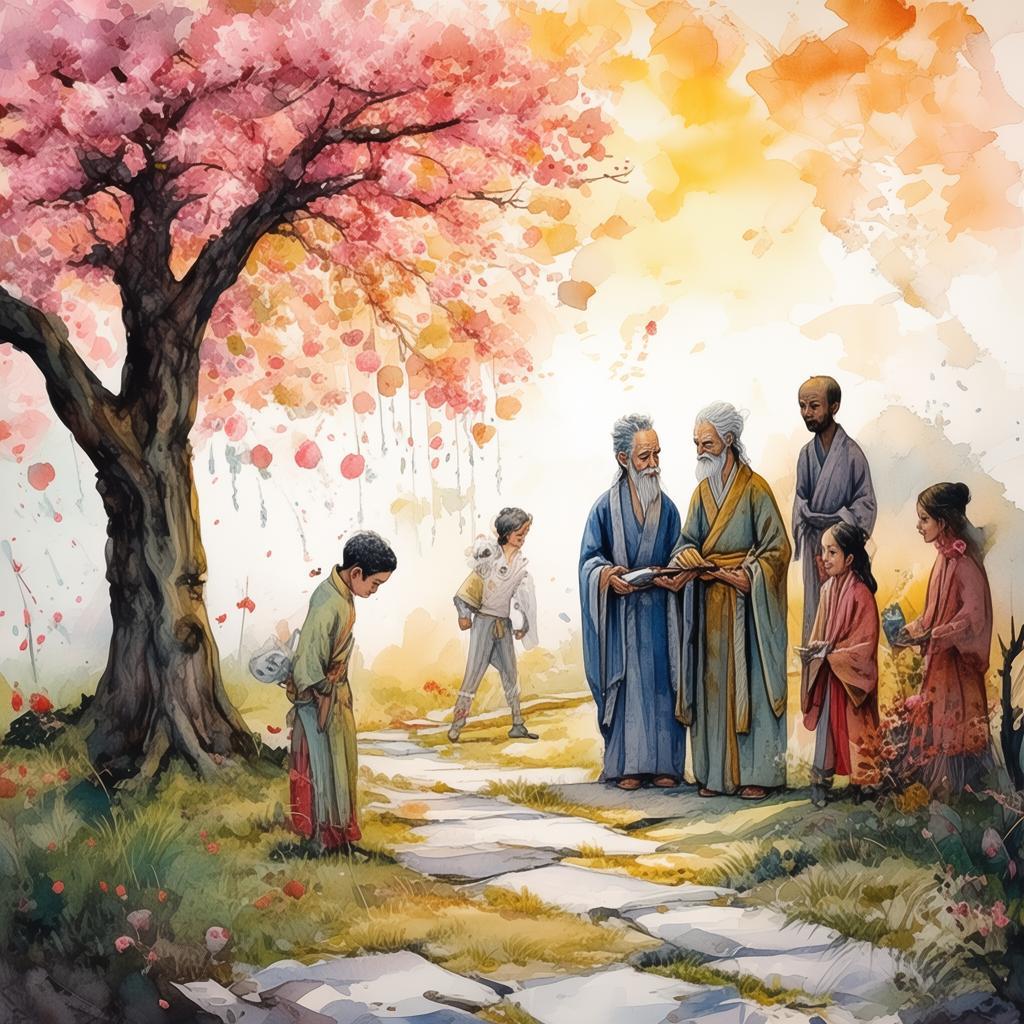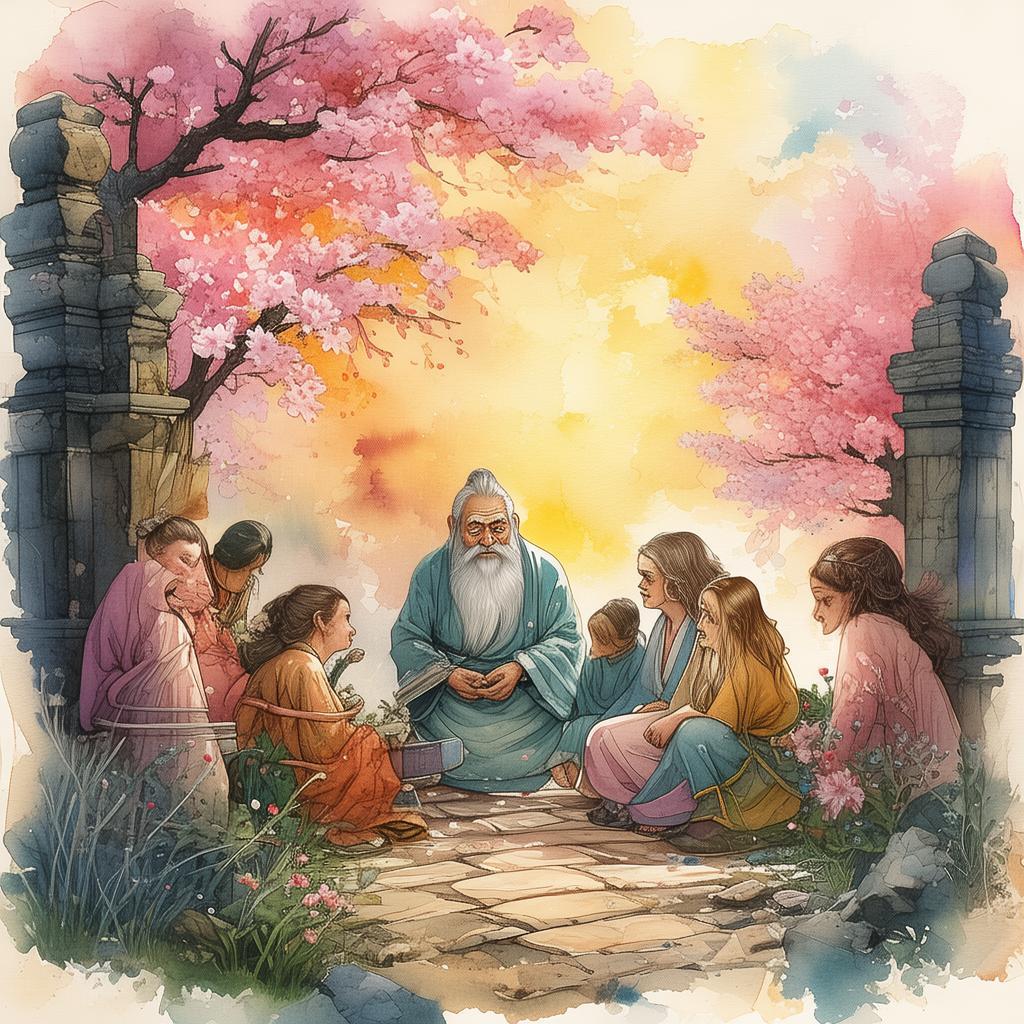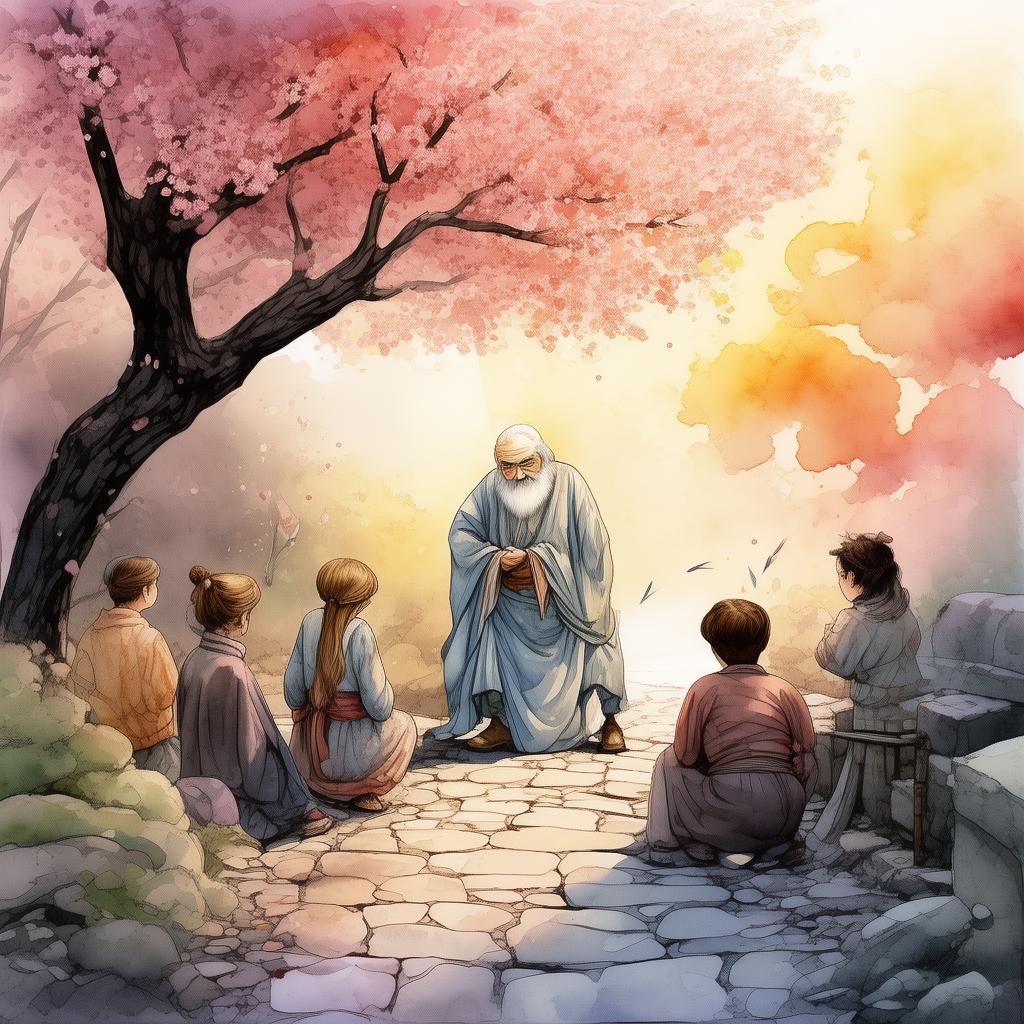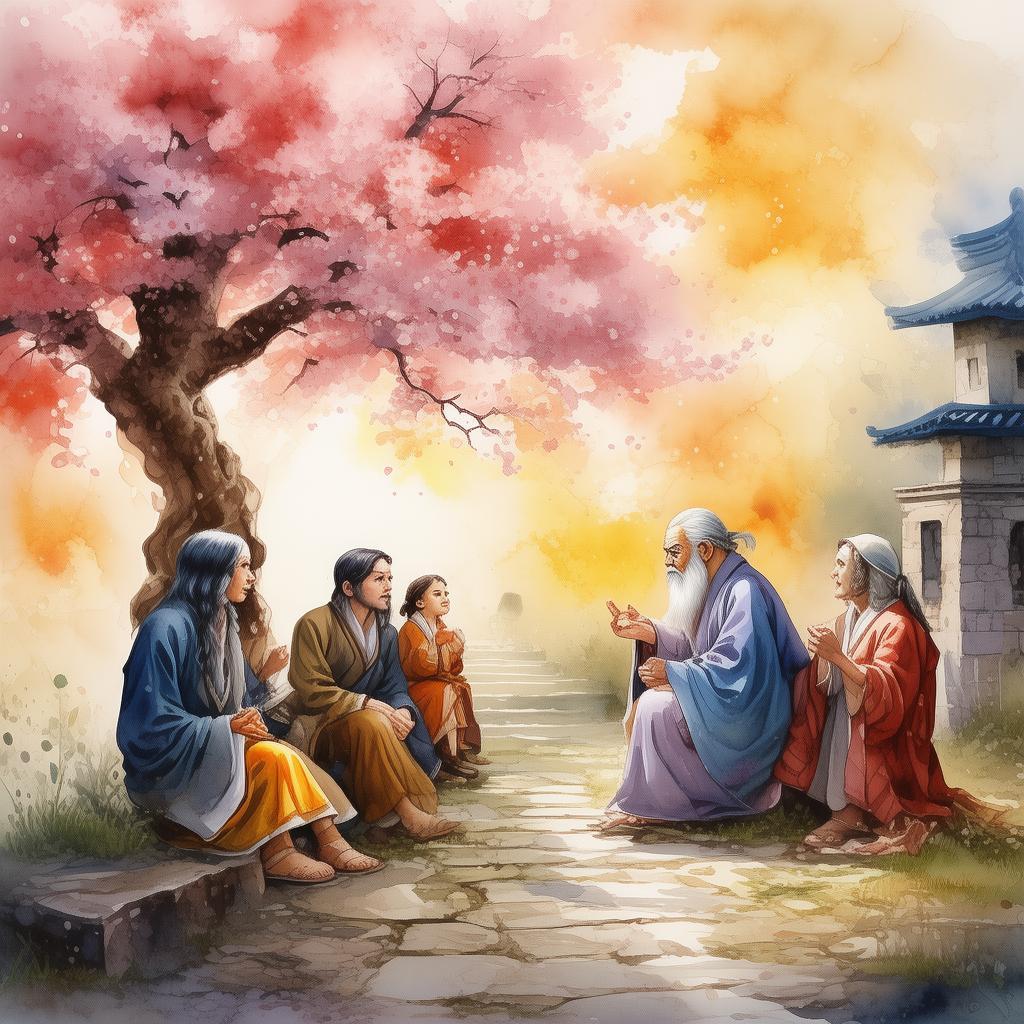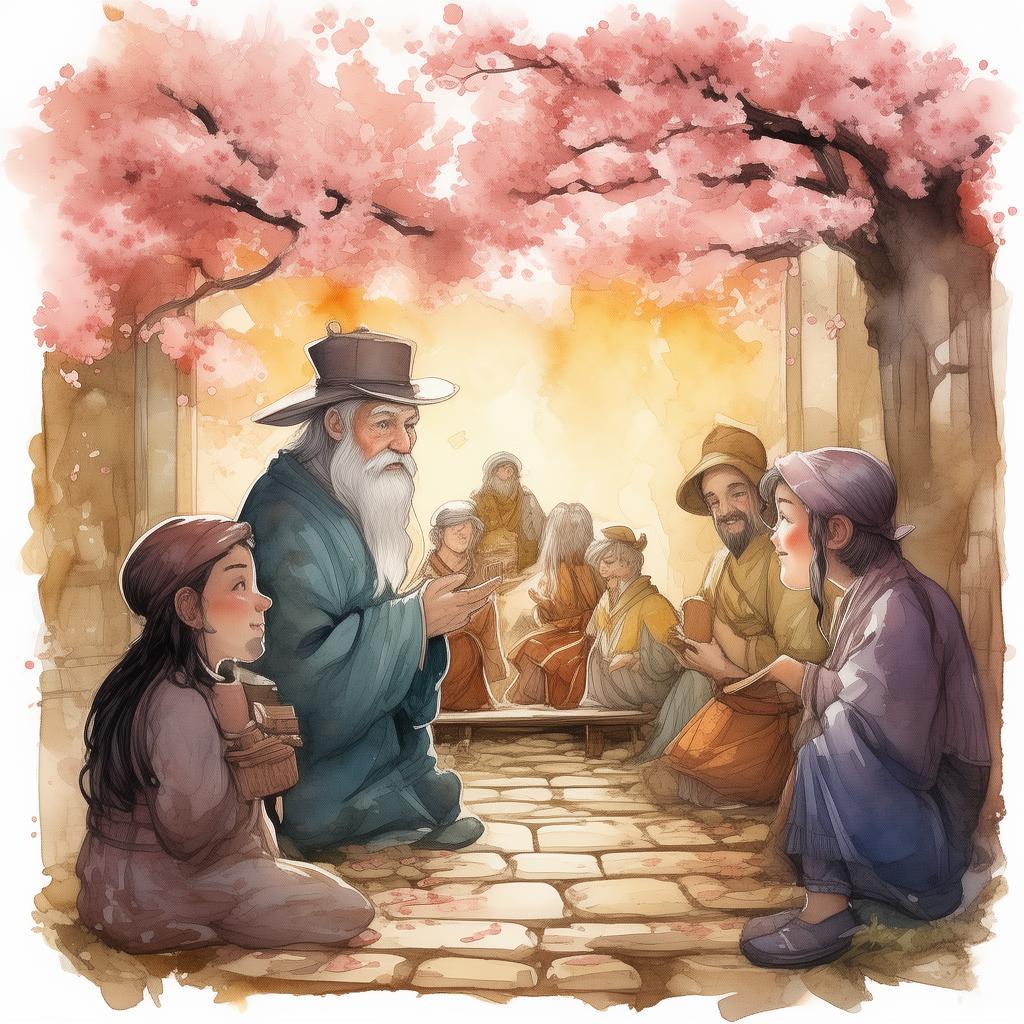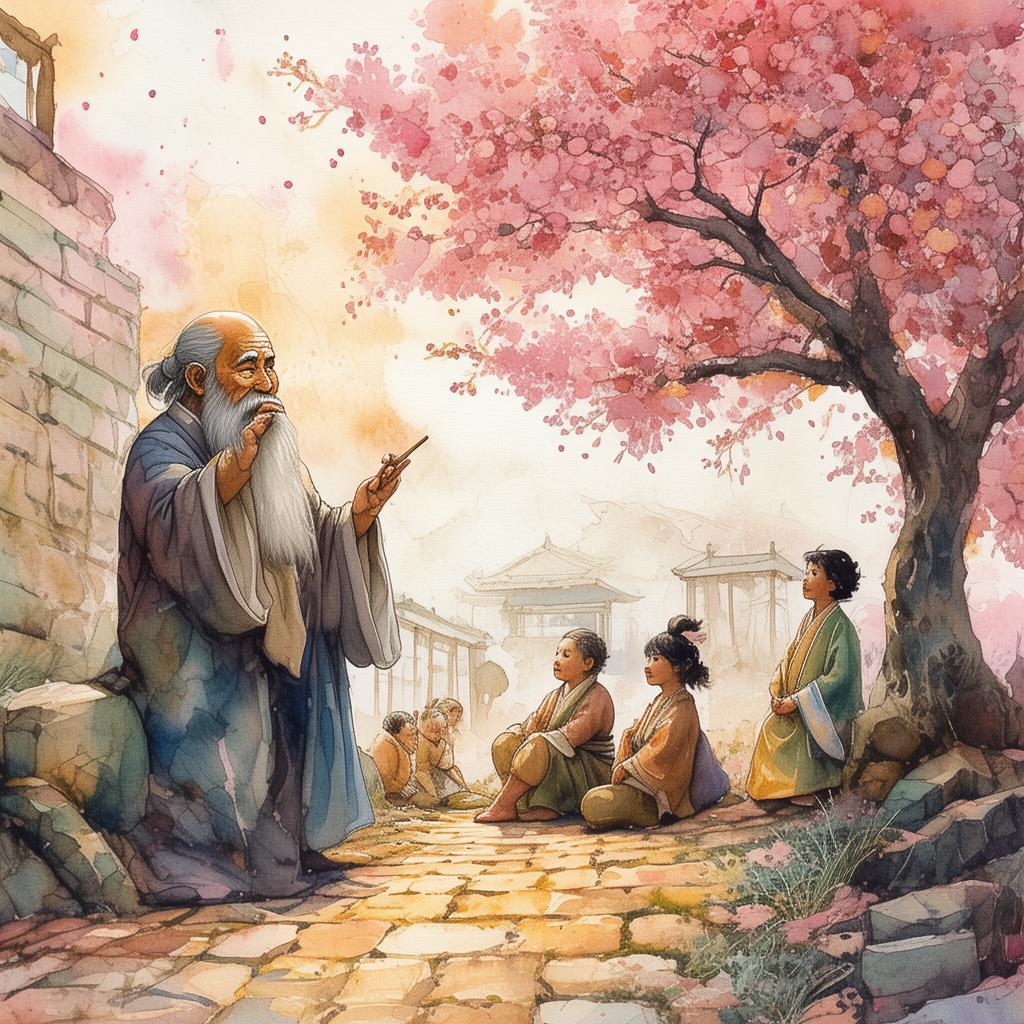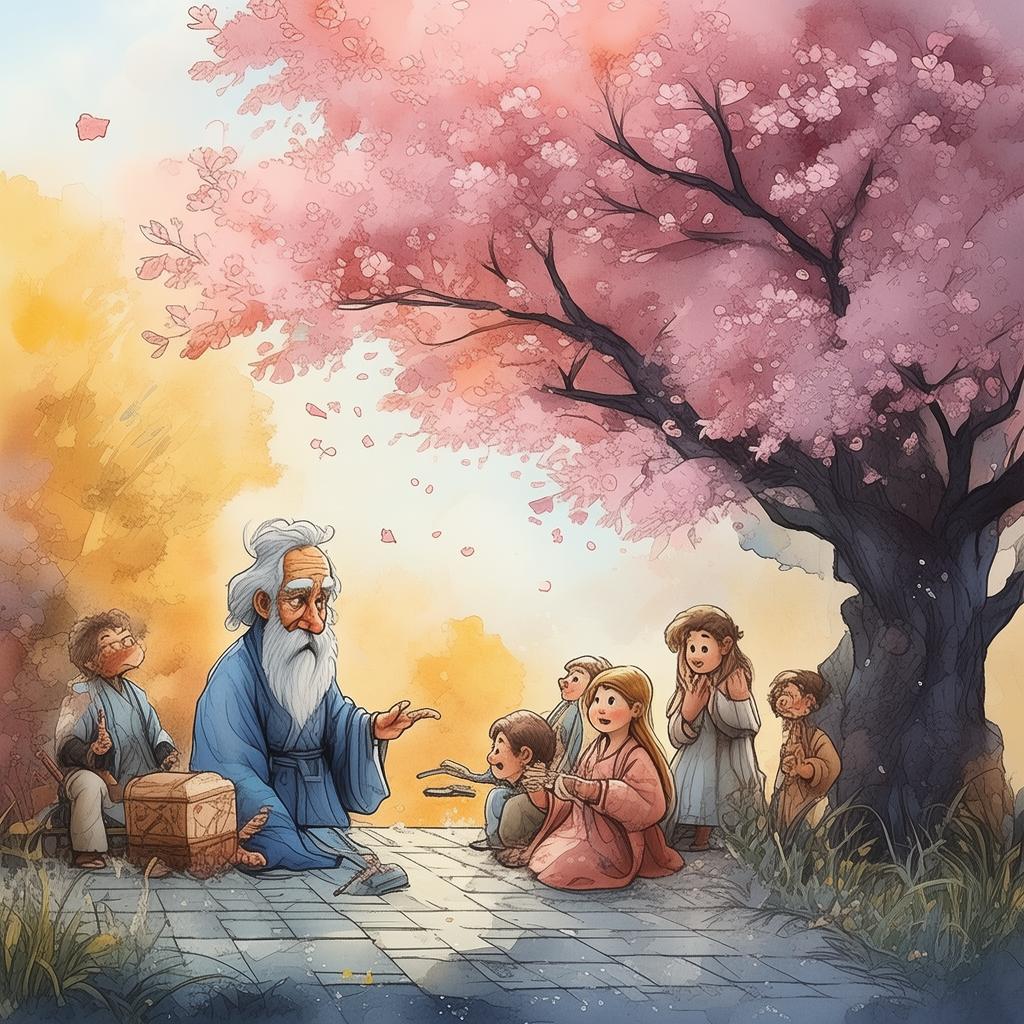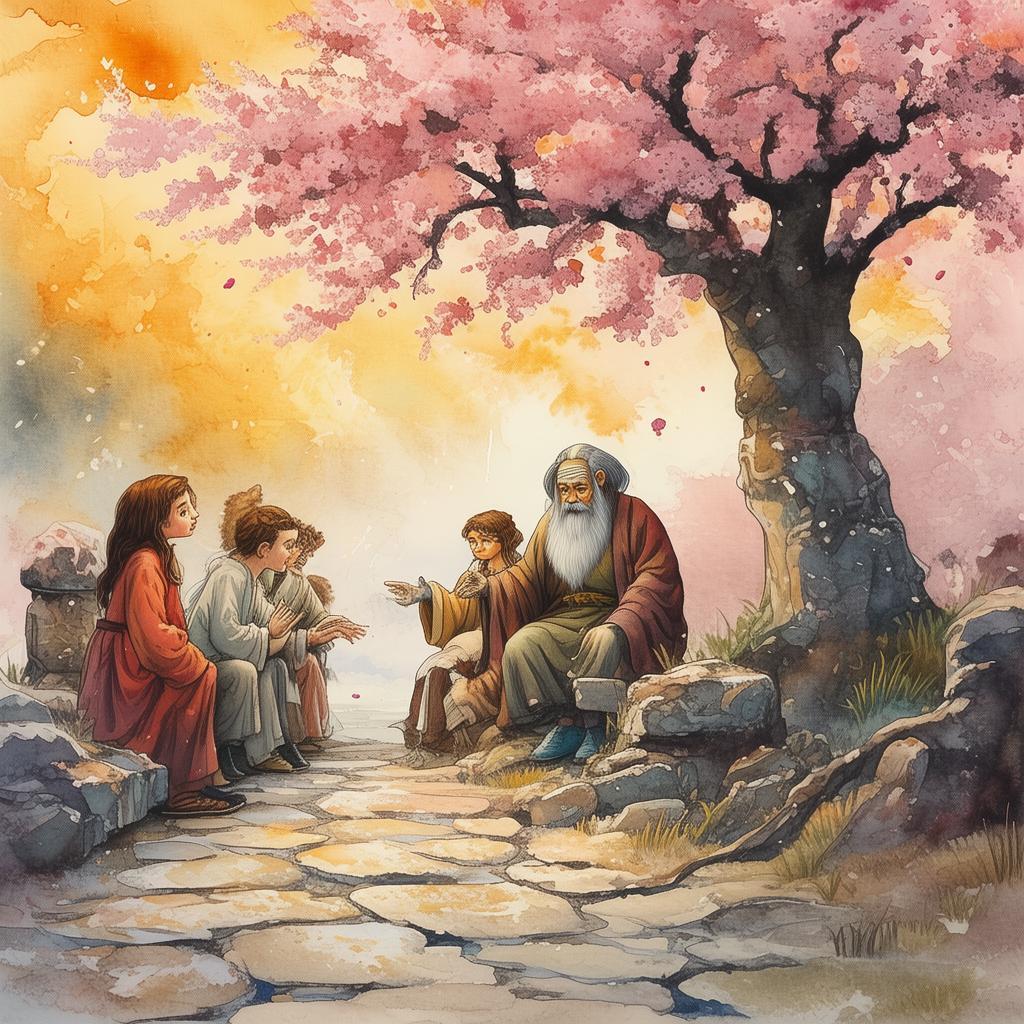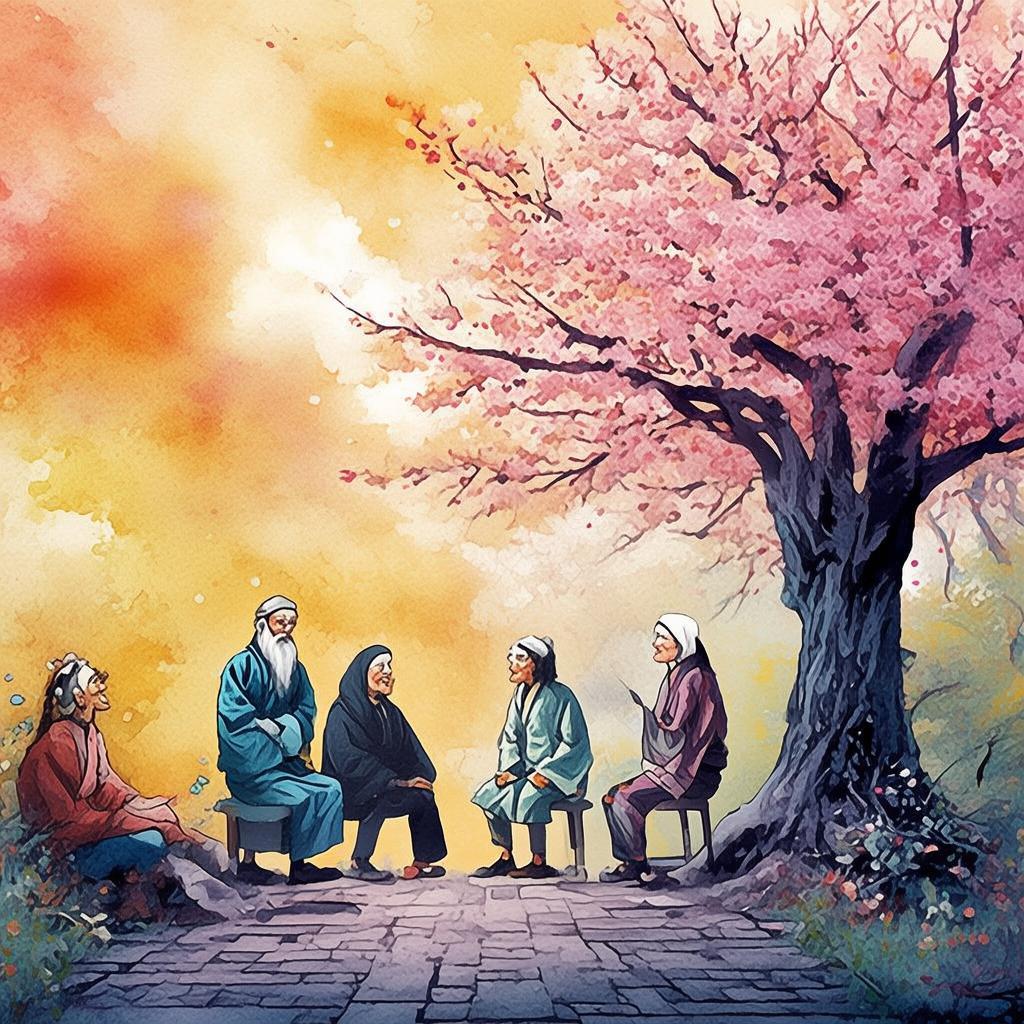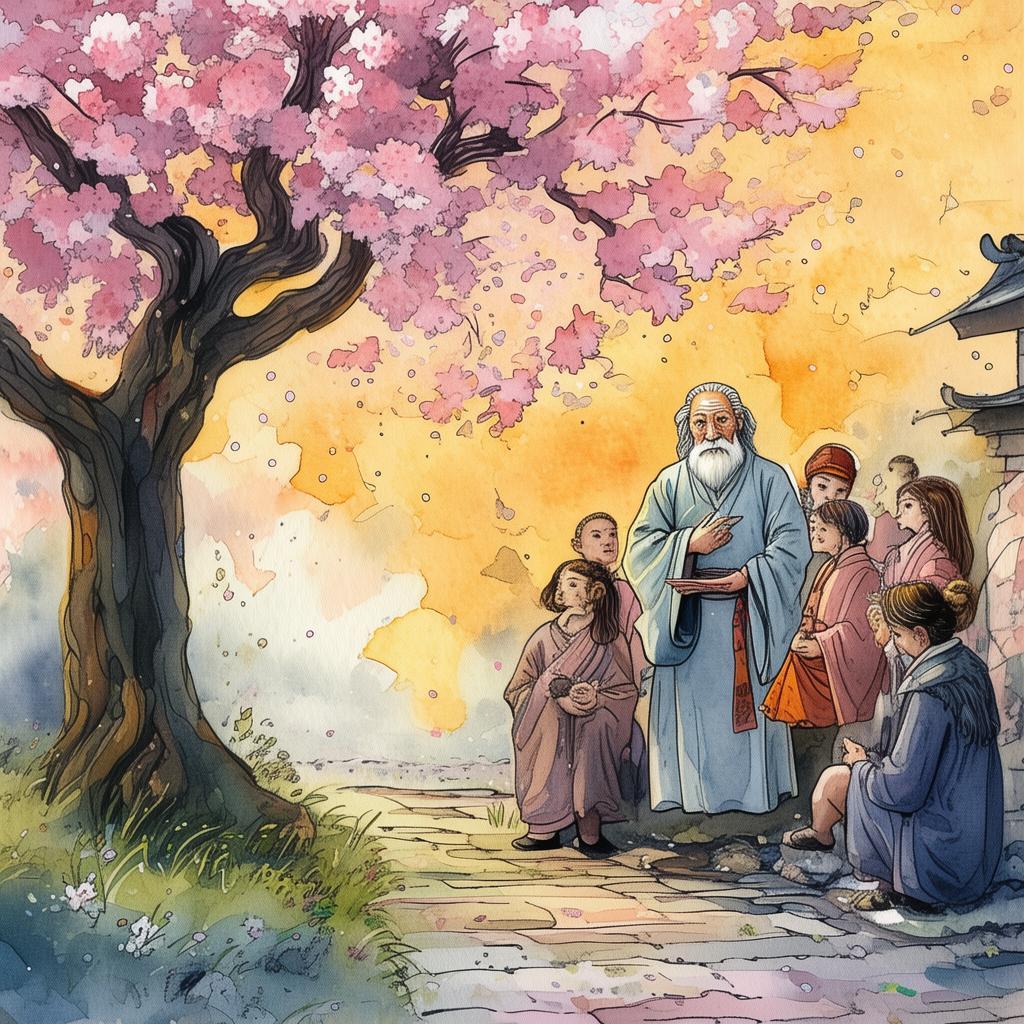The Last Symphony of Ashes
In the year 2147, the world had become a desolate wasteland. The remnants of humanity clung to life in scattered enclaves, their existence a fragile thread in the face of the relentless elements and the remnants of a once-great civilization. Among these enclaves was the city of Elysium, a place of refuge and survival, but one that was not immune to the corruption that had spread like wildfire across the land.
In the heart of Elysium, there stood an old, abandoned concert hall, its once-gleaming marble now stained with the dust of time. It was here that a young musician named Aria found solace in her passion for music. She was a prodigy, her talent unparalleled, yet she remained a humble figure in the shadow of the city's oppressive regime.
One day, as Aria wandered through the ruins of a library, she stumbled upon a dusty, tattered book. It was an old score, its pages yellowed with age, but the music within it was unlike anything she had ever heard. It was a symphony, one that spoke of beauty, hope, and the enduring spirit of humanity. Aria felt an inexplicable connection to the music, as if it were calling to her from the depths of her soul.
She spent days and nights studying the score, her fingers dancing across the keys of her piano with a newfound fervor. The music was a beacon of light in the darkness, a testament to the resilience of the human spirit. As she played, the walls of the concert hall seemed to tremble with the emotion of the music, and Aria knew that she had discovered something extraordinary.
Word of Aria's discovery spread quickly through the enclaves. Some saw it as a sign of hope, a reminder of what humanity could be. Others, however, saw it as a threat to the status quo. The ruling council of Elysium, led by the cold and calculating General Thorne, believed that the symphony could inspire rebellion and undermine their control.
Thorne sent his henchmen to apprehend Aria, but she was clever and resourceful. She managed to evade capture, but not without consequence. The concert hall was destroyed, and the score was scattered to the winds. Aria, however, had memorized the music, and she vowed to keep it safe.
As she wandered the desolate landscape, Aria encountered a group of rebels, a band of survivors who had banded together to fight against the tyranny of General Thorne. They saw in Aria not just a musician, but a symbol of hope. They offered her protection, and she agreed to join their cause.
The rebels had a plan. They would infiltrate Elysium, retrieve the score, and play the symphony for the people, inspiring them to rise up against their oppressors. Aria was to be the one to perform the symphony, her fingers the conduit through which the message of freedom would be delivered.
The night of the rebellion was a chaotic whirlwind of action and emotion. Aria and the rebels infiltrated Elysium, their path fraught with danger. They managed to reach the concert hall, but it was under siege by Thorne's forces.
In the midst of the battle, Aria took to the stage, her piano the focal point of the room. She began to play, her fingers flying across the keys with a passion that could be felt in the very air. The music filled the hall, a powerful force that seemed to reach out and touch the hearts of everyone present.
As the symphony reached its climax, the walls of Elysium began to crumble. The music had awakened something deep within the people, a sense of unity and purpose. They rose up, their voices a roar of defiance, and joined the rebels in their fight against the regime.
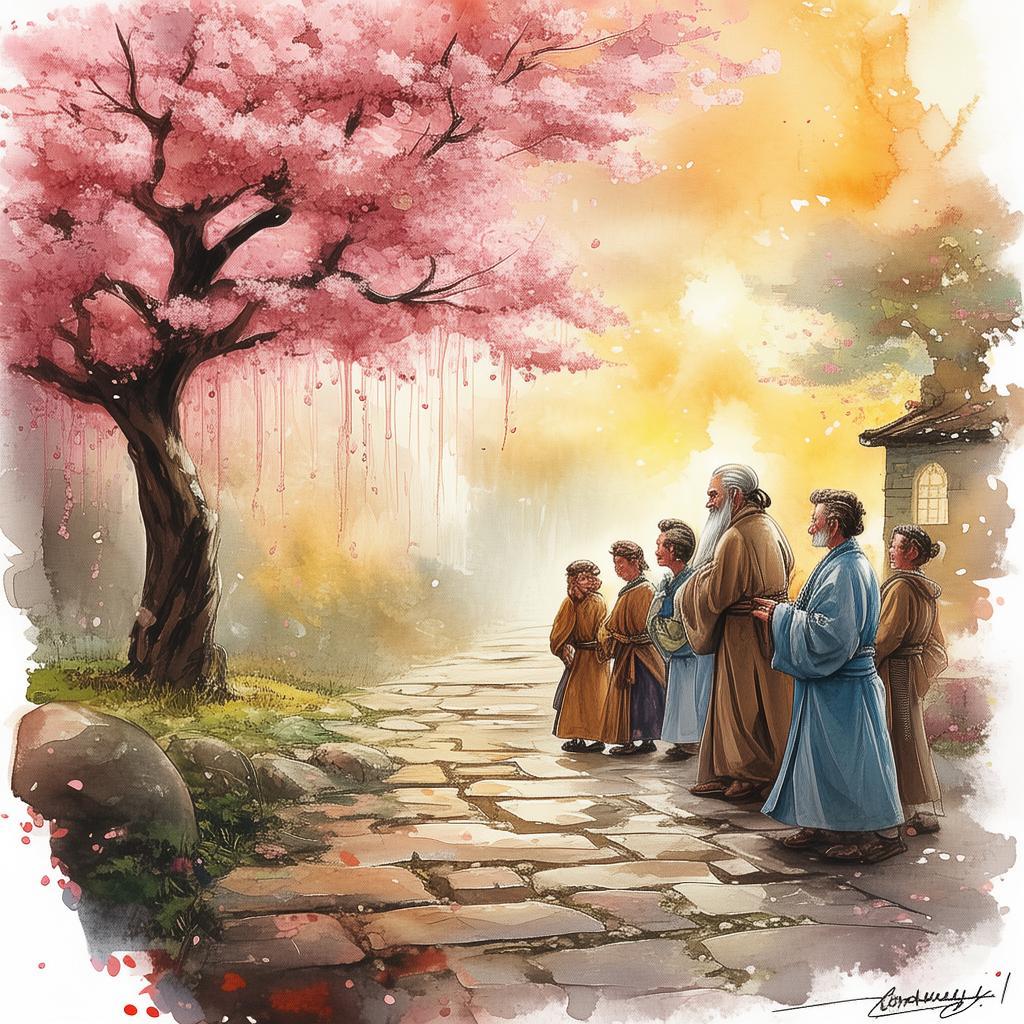
The battle was fierce, but the people of Elysium were united, and Thorne's forces were overwhelmed. The general himself was captured, and the symphony became a symbol of the new dawn that was beginning to break over Elysium.
Aria's music had done what no weapon could have done. It had united the people, given them strength, and inspired them to fight for their freedom. The concert hall was rebuilt, and Aria's symphony was played for all to hear, a testament to the enduring power of hope and the human spirit.
In the end, Aria realized that the true power of her music was not in the notes themselves, but in the emotions and memories they evoked. It was a reminder that even in the darkest of times, there was always light, and that music had the power to bring people together, to heal, and to inspire.
The Last Symphony of Ashes was not just a story of music, but a story of survival, betrayal, and the enduring power of hope. It was a story that would be told for generations, a reminder that in the face of adversity, the human spirit could triumph.
✨ Original Statement ✨
All articles published on this website (including but not limited to text, images, videos, and other content) are original or authorized for reposting and are protected by relevant laws. Without the explicit written permission of this website, no individual or organization may copy, modify, repost, or use the content for commercial purposes.
If you need to quote or cooperate, please contact this site for authorization. We reserve the right to pursue legal responsibility for any unauthorized use.
Hereby declared.
